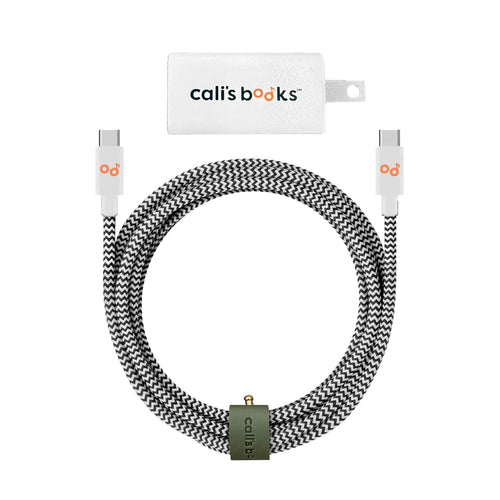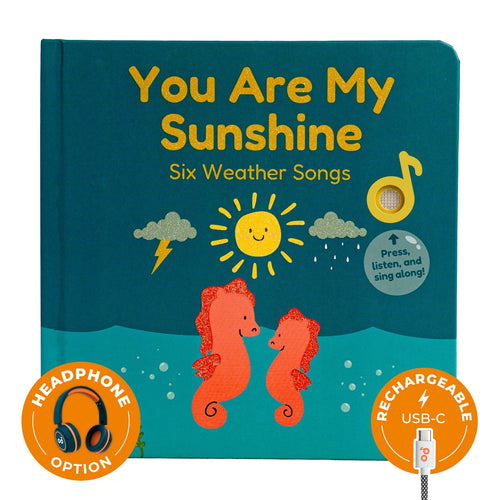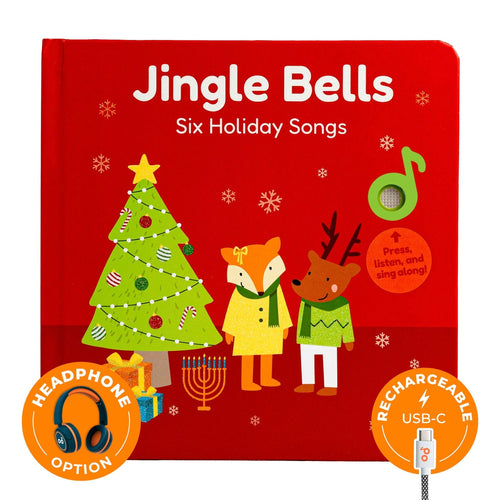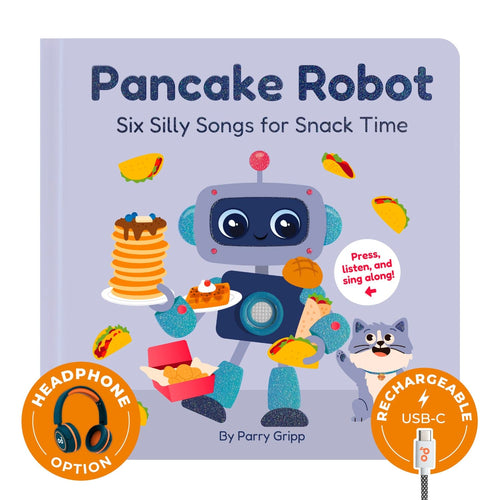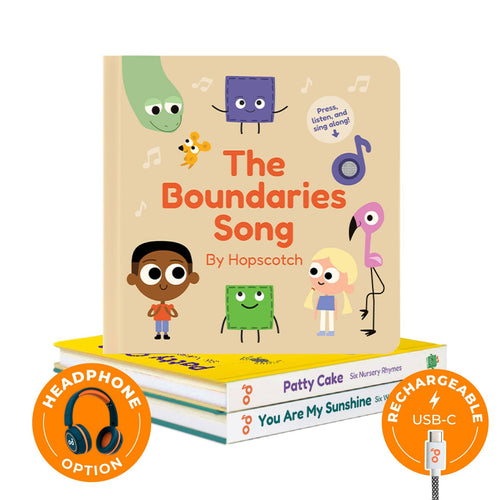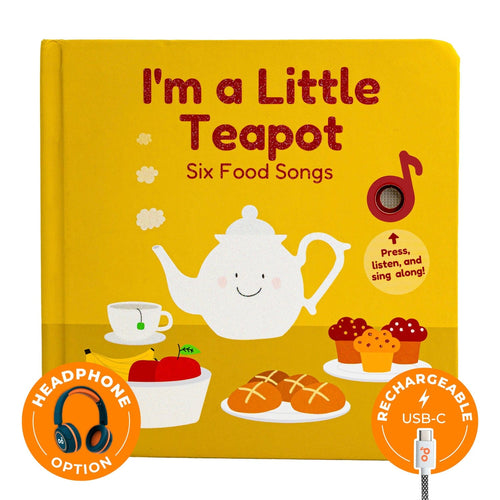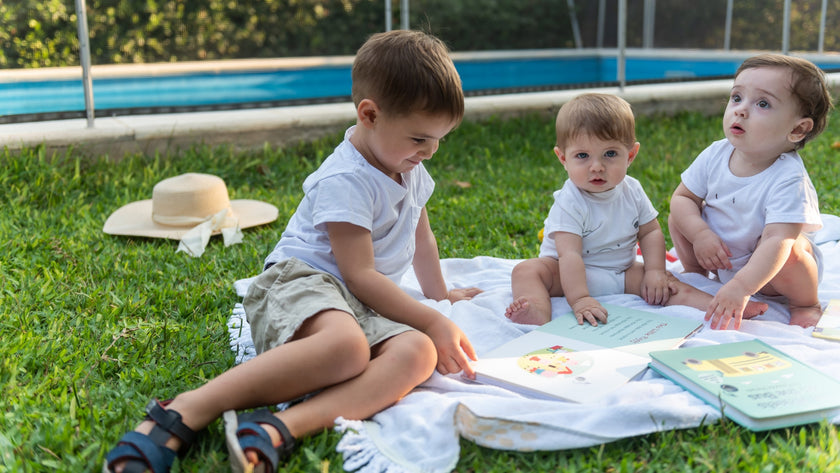Parenting is a wild ride. From the moment your baby is born to the day they set off for their own life’s adventures, change comes at a fast and furious pace. As parents, we see these changes almost immediately and ask ourselves questions like, “When is the newborn stage over?”, or “When are babies no longer newborns”, and “What are the differences between infants and toddlers?”
All kids go through these initial phases of life slightly differently and while their definitions vary from source to source, each child has a few noticeable milestones as they grow up.
- Newborn: from birth up to 1 to 3 months of age. They can make eye contact, smile and have grown significantly since the time of birth.
- Infant: from 1 month to up to 1 year. These children crawl, try to talk, recognize certain words and names, and maybe even walk on their own.
- Toddler: 1 year up to 4 years. These kids go from barely being able to get around to walking, talking, curious, independent little people.
All parents discover that these stages do not have concrete timelines that are exact for every child. The milestones happen at some point in these general timeframes and because of this, parents must understand what they are and how to spot the transition from one stage to another.
The Newborn Stage

Newborns are amazing. They mark the beginning of a new life, a new stage of life for the parents, and a new journey for them together. What can you expect from a newborn as a parent?
- Newborn Physical Characteristics
Newborns are tiny and are completely dependent upon their parents for everything. As they grow from birth to 1-3 months, their eyes learn to see color and focus on faces. They also react to light and sound and can communicate their needs such as hunger and when they need to have their diapers changed.
- The Mind of a Newborn
The mind of a newborn is a busy place. Newborn cognitive milestones include startling to noises and having their vision progress from being able to see things up close to recognizing familiar people at a distance and eventually to following them with their heads. They will also fuss if they are bored.
- How to Support Early Childhood Development
Being engaged and interested in your baby outside of the times that you are feeding and changing them is important to the development of your kids. This level of engagement helps sharpen their growing cognitive abilities. This includes talking to them, making funny faces, and tickling their perfect little baby toes.
- Playtime and Your Newborn: How Toys and Play Shape Your Newborn Growth
Shiny toys and rattles are great for newborns because they will force their eyes and ears to focus and follow the sights and sounds in front of them. Children this age tire quickly so a little bit of play goes a long way.
- Newborn Safety
Parents are notoriously protective of newborns, but it is important to be conscious of how you are making sure that your baby stays safe. They should only be left alone if they are safely in a bed or a crib, use proper safety seats and make sure that their sleeping area is away from heaters or registers.
The Infant Stage

Your baby begins to show their personality as they transition from a newborn to an infant. This will continue to evolve as they grow but the budding person that they will be is there, inside that beautiful little infant. How do you know when your newborn is becoming an infant?
- The Transition from Newborn to Infant
Newborns are generally considered to be infants between the ages of 1 and 3 months and this stage lasts till their first birthday. These changes include a range of cognitive and physical changes that are truly astonishing. The little babies that were just trying to get a hold of breathing and digesting food become these bright-eyed, curious, and adventurous little creatures who investigate everything and move through life with an “I can accomplish anything if I try” attitude that parents know and cherish.
- Infant Physical Characteristics
These babies grow incredibly as they move from the newborn to the end of the infant stage. They often grow over 6 inches and will triple their birth weights, all in one year’s time. They can smile, wave, and throughout the infant stage will learn to sit up, crawl, stand, and walk assisted and perhaps even take their first steps. They can pick up toys, babble, and even say a few words and will understand a handful of words, including their own names.
- The Mind of an Infant
Infants can understand and recognize not only the sound of your voice but also the tone of it. By the time they are one year old, they can often follow simple instructions like, “Pick up your book” and will be able to move objects from container to container. They precede this skill learning how to pick things up with their thumb and forefinger and most kids learn how to put things in their mouth, making mealtime an exciting time for everyone. Infants will also look for things when you hide them, indicating that they know it still exists.
- What Toys and Activities Best Support Infant Development?
Tactile toys are fantastic for supporting the development of your children as they go from newborns to infants and grow into toddlers. Stackable blocks, magnetic tiles, and shapes that have corresponding areas to fit in helping to develop those amazing little minds. Sound books (such as “Baby Shark Nursery Rhymes” and “Patty Cake Nursery Rhymes”) and interactive children’s books also play an important role in developing their senses.
- Parenting Advice for Early Childhood: Infant Edition
Parents are a busy bunch and if you were to ask any new parent to give you advice, they would lay it out like this.
- Be patient
- Be engaged when you are with them
- Stick to a routine (as best you can) and do naps, bathing, and feeding at consistent times
- Talk to your baby
- Play with them as much as possible
- Appreciate their beauty
- Enjoy every minute
The Toddler Stage

From beginning to walk and talk to full-on adventures and exploration, the change from infant to toddler encompasses the development of personality traits, noticeable behavioral shifts, and major physical changes for your little ones.
- Transitioning from Infant to Toddler
The term toddler comes from the fact that they cannot walk very well at the beginning of this stage and are known to toddle around. This is far from the only major transition point in infants as they become toddlers. They develop their vocabulary, and their bodies begin to change drastically, allowing them to run, jump, climb, and explore the world. They begin to question everything, including their boundaries with you as a parent, which is the beginning of the foundation that they will use for their entire adult life.
- What are the Major Changes to Your Child’s Mind and Body?
Your little baby is no longer as little as before. As kids transition from infant to toddler and grow into this stage of their life, their bodies grow in a way that allows them to take advantage of their naturally curious and joyful spirit. Their bodies are strong enough to allow them to run, climb and play games with their siblings and friends.
Mentally, these kids have transitioned to a new state of learning and playing. They roleplay and use their imaginations almost continuously. They also begin copying other people’s behavior and start to understand what it means to have items that “belong” to them. Kids at this age begin to recognize colors and shapes and enjoy playing games.
- How Do These Changes Affect Your Toddler's Behaviour?
These changes, both mentally and physically, lead to behavior changes that every parent eventually deals with. Children discover their sense of self and that they are separate from their parents, which inevitably leads to the understanding that they have boundaries set on their behavior by their parents. Challenging these boundaries is a healthy part of growing up and toddlers always seem to take up this part of their growth with enthusiasm!
Unwillingness to listen, erratic behavior, defiance in the face of their parents, fussiness when eating, and many other behavior patterns emerge at this point in your kid’s life. As a parent, remember that this isn’t about you and how you raise your kids, this is a natural part of your kid’s development.
- Best Interactive Toys and Play for Toddlers and Toddler Cognitive Growth
As we mentioned, toddlers love to play games. Parents can leverage this desire to play to encourage their cognitive development. What are the best toys, books, and games to help them grow and develop?
- Sound Books for Toddlers: Interactive books and sound books engage many of your kids’ senses, teaching them about colors and sounds, helping them learn new words, and growing the bonds between parent and child. Use these books regularly to encourage the habit of reading and to help them recognize the patterns in their favorite books.
- Simon Says: A great game that helps kids develop their memory and their vocabulary, as well as their physical skills.
- Scavenger Hunts: Scavenger hunts help them grow their cognitive ability. Give them a list of items to find and let them search for them. While simple for an adult, the process of understanding how to think of an item, coming up with a plan of how to find it, and accomplishing that goal is a complex but rewarding task.
- Puzzles: Simple puzzles are often a staple in any household that has toddlers because they are such good toys for kids. They help them develop fine motor skills in addition to the cognitive benefits of problem-solving and figuring out how to piece a picture back together.
Conclusion
Having children and being involved in the development of those kids is a fantastic process. It is not easy or simple, but nothing worthwhile ever is. Your children will transition from helpless, immobile little bundles of joy to moving and interacting with the world tentatively while staying close and protected. They then speed into exploring at full speed while testing their boundaries with you and becoming their own little people. It is truly a miracle.
Embrace the fact that they will change and grow but your love and affection will be constant and ever-present in their life. This is the joy of being a parent!

